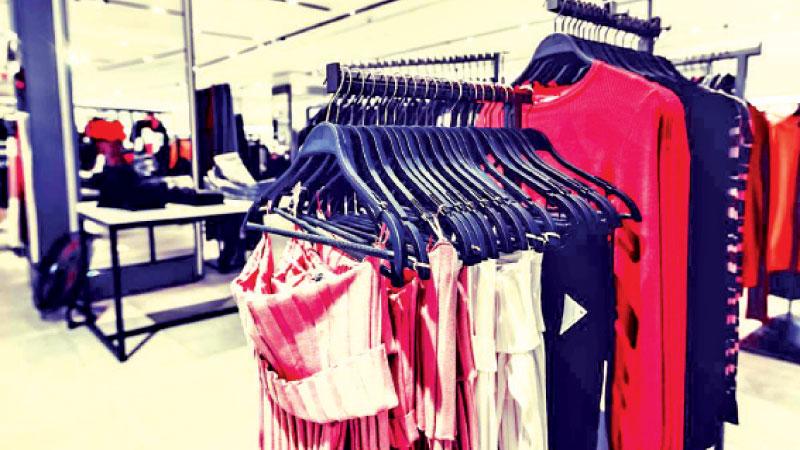
 Covid-19 has made consumers change their ‘preferences’ dramatically. By nature ‘Preferences’ have never been easy to change; they are stubborn and often impervious to marketing communication pleas.
Covid-19 has made consumers change their ‘preferences’ dramatically. By nature ‘Preferences’ have never been easy to change; they are stubborn and often impervious to marketing communication pleas.
But a pandemic changed the game faster than what brands could have ever imagined. Almost overnight, hardwired supermarkets and reluctant fence sitters were pushed into the deep end of the ecommerce or online pool. Will this shift to a different channel be permanent? Will shopping malls and high street stores be reduced to mere show windows? Admittedly, it is too early to claim that, but with new hygiene and contagiousness concerns, it is possible that people will reconsider venturing into public domains such as shopping malls and traditional ‘daily or weekly polas’ with the same carefree and reckless gusto as before. Have the reasons for the behaviour we saw changed?
In Sri Lanka, the shift to digital mode had witnessed reluctant spurts from time to time but Covid-19 was the catalyst which online companies and ecommerce firms would have been praying for, although the mass mortalities and the contagiousness were not part of the bargain.
Instead of an organic, gradual shift to digital, what crashed down on us was a tsunami of change.
When malls do finally reopen, what are the changes that we could witness? First of all, it is generally agreed that the number of people who would visit physical retail would first spike as release from enforced lockdown happens which later on taper out and stabilise – what we don’t know is its extent.
But the new ‘normal’ is estimated to be lower than before as a new hygiene and mortality consciousness kicks in. Maybe governments and local authorities should control the release of people into retail locations systematically so that confidence in visiting retail establishments can resurface.
Consumer behaviour is influenced deeply by cultural factors. We are a social community with a high need for group activities – family gatherings, parties, travel, tourism, shopping, religion, and public entertainment. Festivals and rituals form a deep part of our religiously inclined psyche. Covid-19 lockdown notwithstanding, people have been known to participate in religious gatherings, wedding ceremonies and birthday parties even at the peak of the pandemic with no or very limited participation – sometimes ignoring protocols.
As a result of a new vulnerability to job losses and pay cuts, there will be lower spending at retail level for some time to come, till sentiments climb back up.
As jobs, increments, and promotions get the axe during the pandemic, the cheer needed for economy-pumping spending will be missing for some time.
Brands must think of what can be done to bring optimism and positivity to how consumers behave after the virus is vanquished, or is in a state of suspended abeyance? It will always be good to have been a caring brand during the Covid-19 pandemic. If a retail brand puts profits above people, those people are going to remember the betrayal. If companies did not lay off employees when they were the most vulnerable, or if they offered their factories and hotels to be converted into quarantine facilities as we have seen happening, would they be remembered at all after the return to normalcy? Probably the new normal would be a tad different from the normal we knew.
Consumer views about retail space cleanliness and employee and co-shopper hygiene is likely to play on retail shoppers’ minds for some time to come. We might feel socially awkward about suspecting everyone around us of being potential Corona carriers. And yet, for our own survival, we might be forced to replace the handshake or a shoulder pat with an aloof smile. Stepping into a mall lift will be a mental challenge for many.
Mall managers would have to ensure that such fears do not persist for long by constantly making health and hygiene assurances. On the whole it will be better and wiser to play the long term game as a retailer in anticipation of consumers who might have changed visibly or surreptitiously forever by the coronavirus.
As a shopper whether some consumer behaviour genes mutate or not only time will tell. Most consumers will be unsure of how to navigate a post Covid 19 consumer world. They might be tempted to continue on the digital commerce journey forever. Retailers should be visionary enough and smart enough to help consumers navigate between online and offline experience journeys seamlessly by investing in an Omni-channel world.
Changes that were expected to gradually come upon us over the next half decade or so have been forced on both the consumer and the retailer like an oncoming express train.
It may not be possible to conclude how and to what extent the consumer behavior will actually change but we know the change is inevitable.
So it would be important to keep tracking the behavioral changes and making wise moves with a ‘solid to fluid’ shift in terms of strategy in the short term.
Changes will occur more frequently and they could be more dramatic than ever before demanding more agile consumer behavioral research and aligned response.
